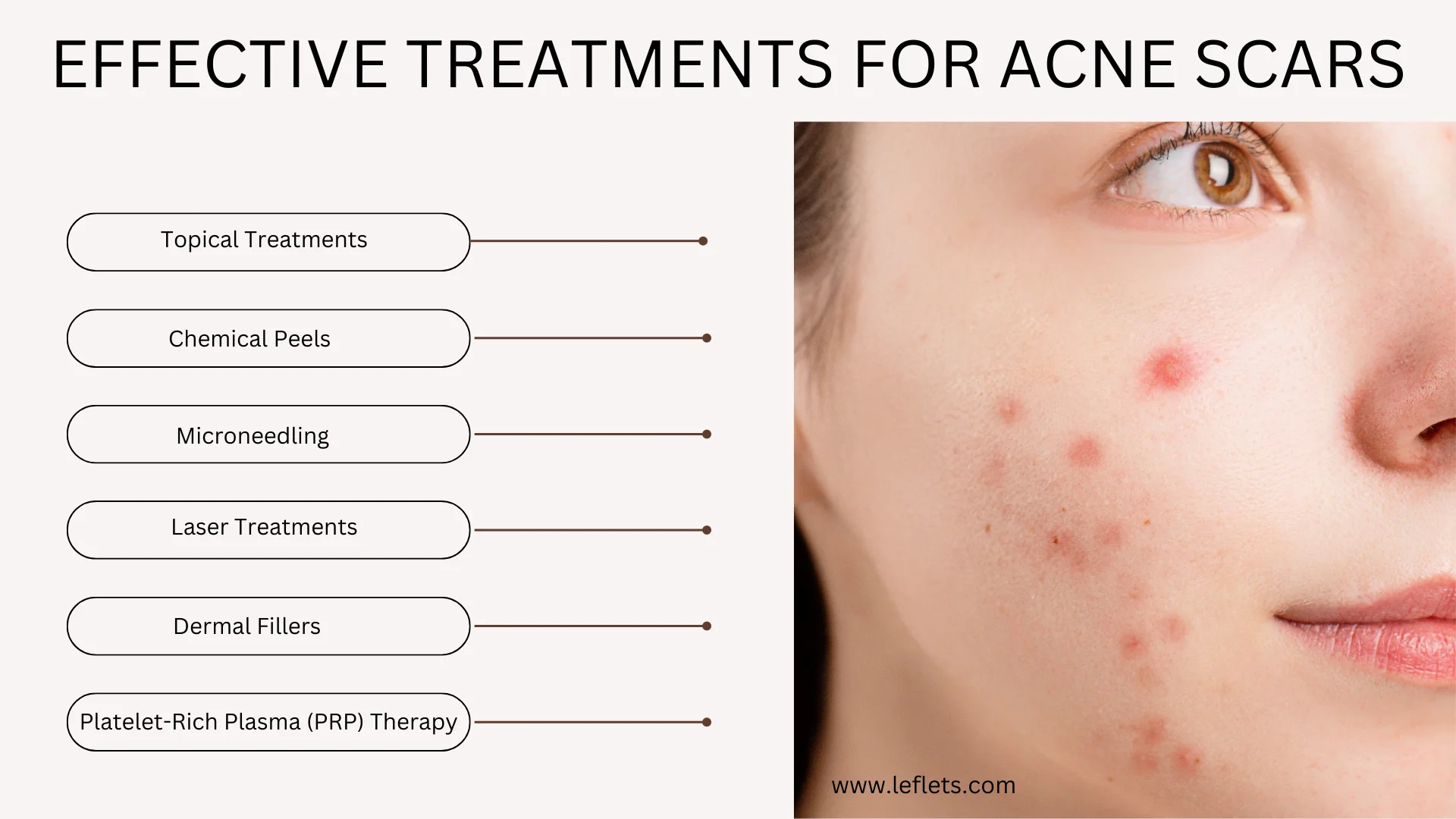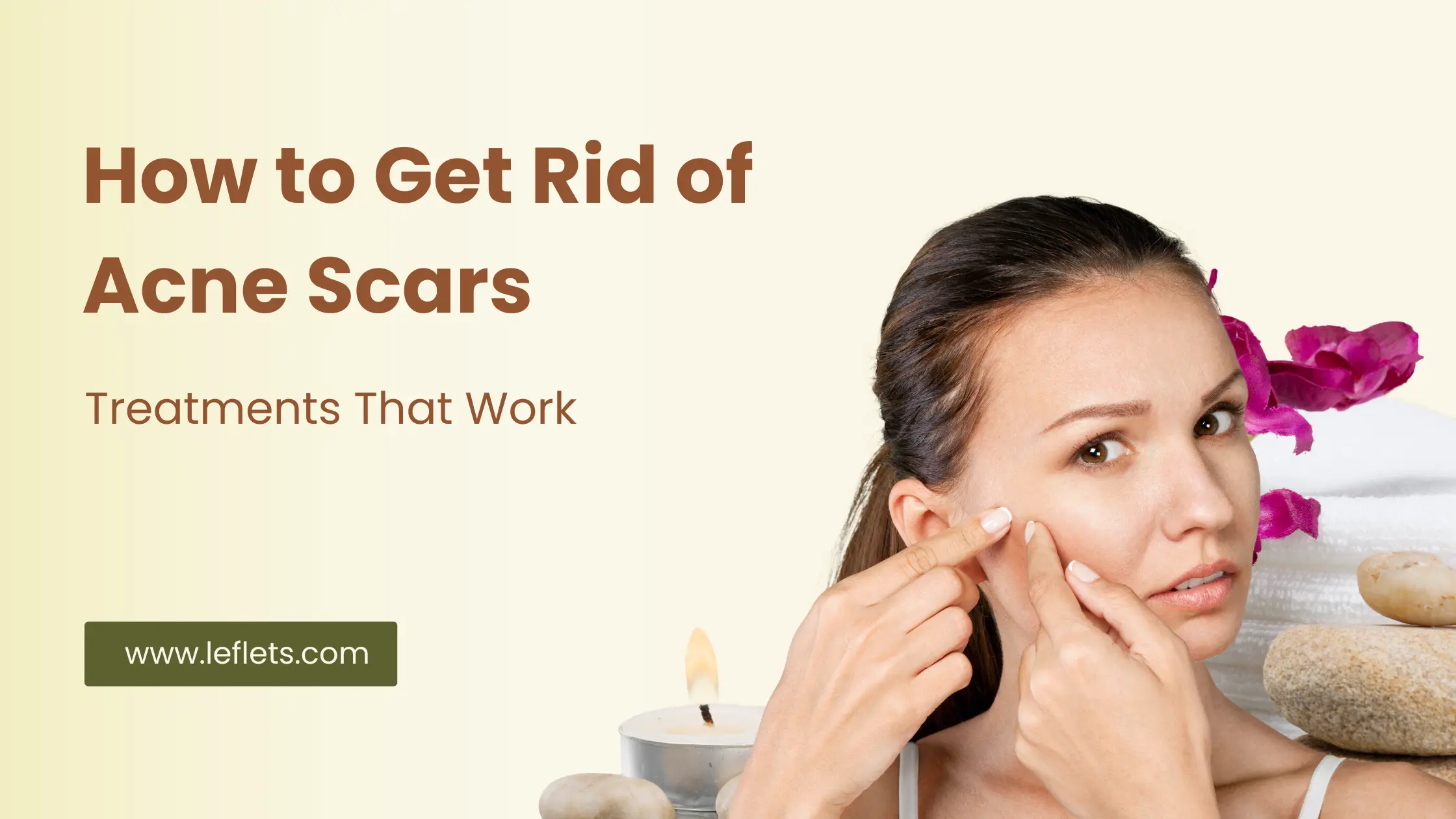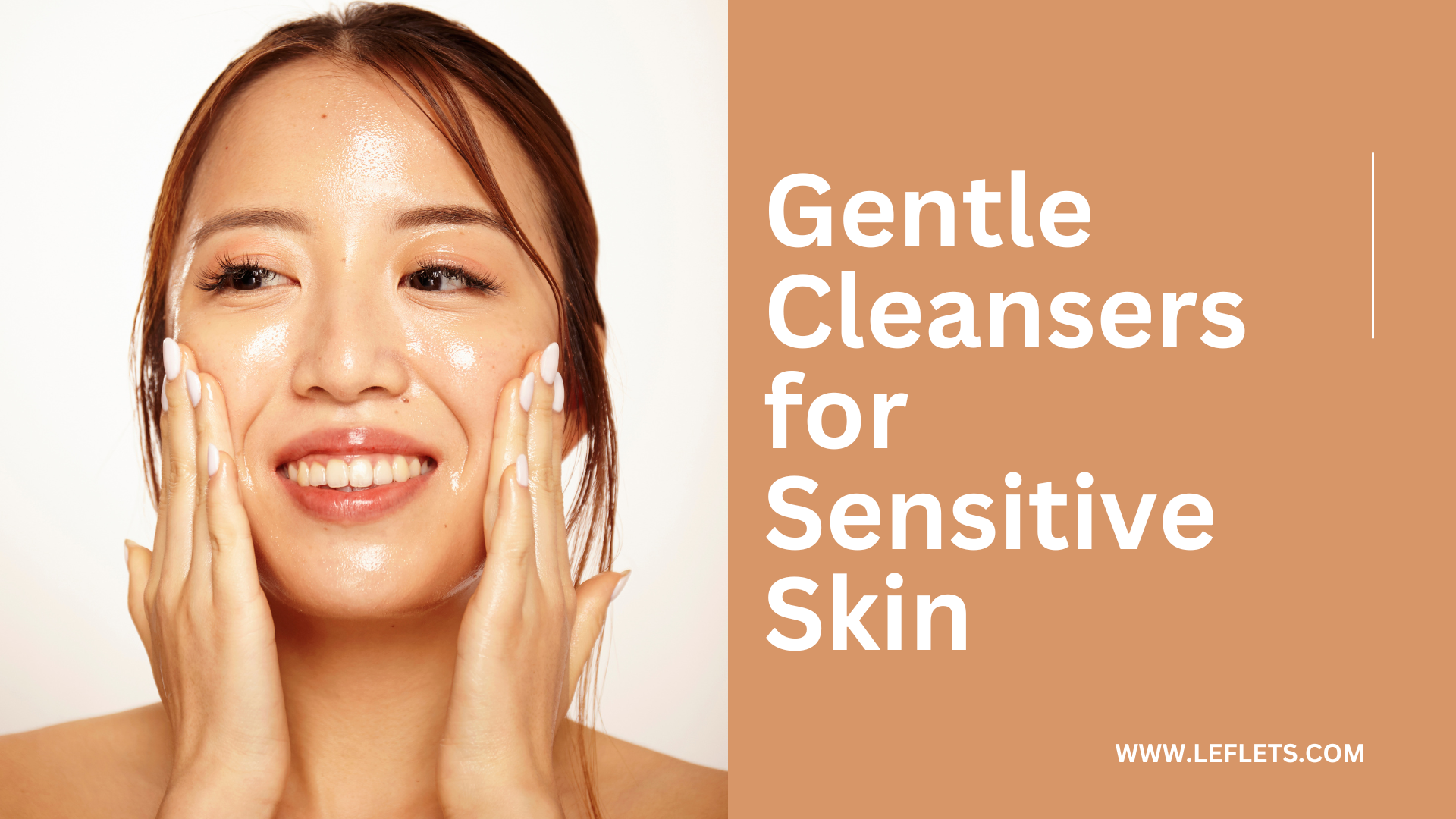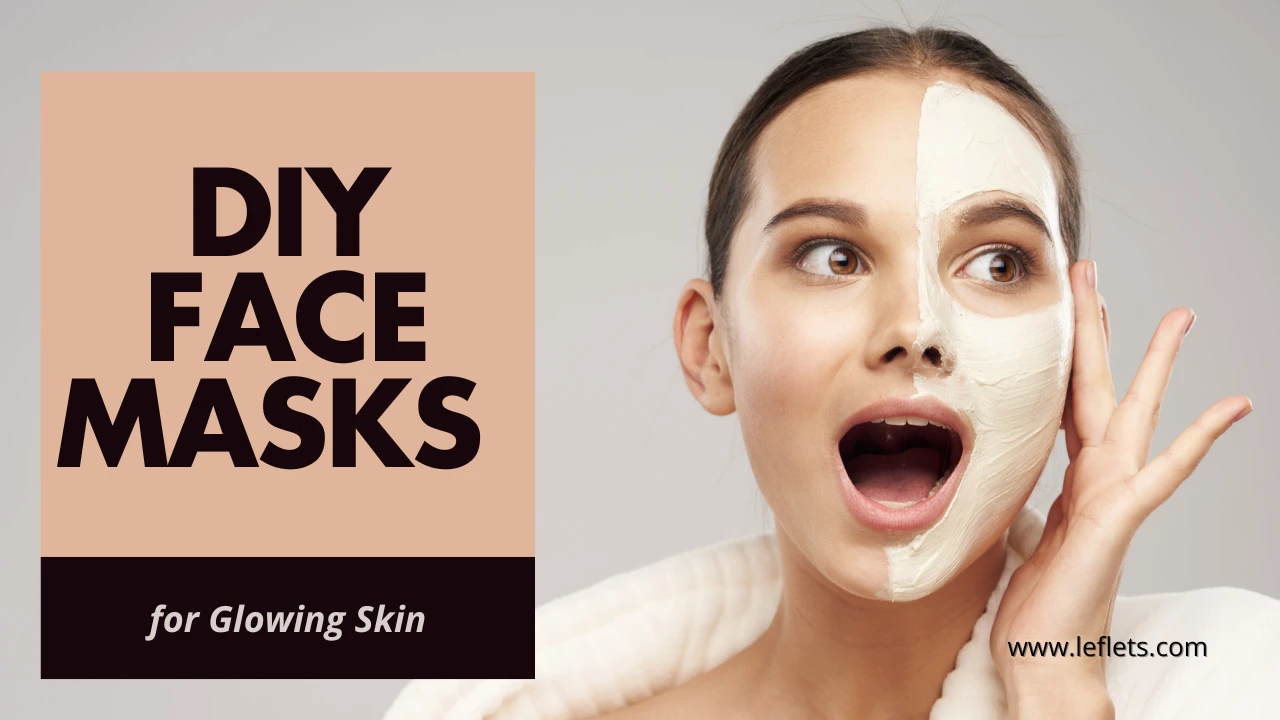Acne scars can be a frustrating reminder of past breakouts. Whether they're raised, indented, or dark, these marks can linger long after the acne has cleared up. While it's impossible to make acne scars disappear overnight, there are various treatments that can help fade their appearance and improve skin texture. In this blog, we will explore some of the most effective ways to get rid of acne scars and restore your skin's smooth, clear appearance.
Understanding Acne Scars
Before diving into treatments, it’s important to understand what causes acne scars. Acne occurs when hair follicles get clogged with oil, dead skin cells, and bacteria, leading to inflammation. When the skin heals, it may produce excess collagen or fail to produce enough, resulting in scarring. There are three main types of acne scars:
- Atrophic Scars (Depressed Scars): These are sunken scars that result from a loss of collagen during the healing process. They can appear as pits or depressions on the skin.
- Hypertrophic Scars (Raised Scars): These occur when excess collagen is produced during the healing process, leading to raised, thick scars.
- Pigmented Scars: These are dark spots left behind after acne has healed. They are not true scars, but they can take a long time to fade.
No matter what type of acne scars you have, the good news is that several treatments can help improve their appearance.
Effective Treatments for Acne Scars
1. Topical Treatments
Topical treatments are a popular first line of defense for treating acne scars. They work by promoting cell turnover, fading pigmentation, and stimulating collagen production. Here are some of the most effective ingredients to look for:
- Retinoids: Retinoids, including over-the-counter retinol and prescription-strength tretinoin, are known for their ability to increase cell turnover and stimulate collagen production. This can help fade both pigmented and atrophic scars over time. Be consistent with use, as it may take several weeks to see noticeable improvement.
- Vitamin C: Vitamin C is a powerful antioxidant that can help lighten dark spots (post-inflammatory hyperpigmentation) and boost collagen production. It also provides overall skin brightening and protection against sun damage, which can worsen scars.
- Alpha Hydroxy Acids (AHAs): AHAs like glycolic acid help to exfoliate the skin’s surface, promoting faster skin regeneration. Regular use of AHAs can help reduce the appearance of acne scars, especially if they are shallow or pigmented.
- Salicylic Acid: Salicylic acid is a beta-hydroxy acid (BHA) that helps to exfoliate the skin and penetrate deep into pores. It can help prevent new breakouts and fade post-acne marks.
- Niacinamide: Niacinamide (Vitamin B3) helps reduce inflammation, improve skin texture, and lighten dark spots. It’s particularly useful for sensitive skin types and can be found in many over-the-counter products.
How to Use: Apply these treatments as directed, typically after cleansing and before moisturizing. Start slowly to avoid irritation, and always use sunscreen during the day to protect your skin from UV damage.
2. Chemical Peels
Chemical peels are one of the most effective ways to treat both superficial and deeper acne scars. During a chemical peel, a dermatologist applies a chemical solution to the skin that exfoliates the surface and promotes cell regeneration. There are different types of chemical peels, depending on the depth of the peel needed:
- Superficial Peels: These use mild acids like glycolic acid to gently exfoliate the skin’s outer layer. Superficial peels are effective for mild scarring and discoloration.
- Medium Peels: These peels use stronger acids like trichloroacetic acid (TCA) to penetrate deeper into the skin and treat moderate acne scars.
- Deep Peels: Deep peels, like phenol peels, are used for more severe scarring. They can be more invasive and require longer recovery times but can produce dramatic results.
Chemical peels work by stimulating collagen production, improving skin texture, and fading discoloration. They may need to be repeated periodically for optimal results.
3. Microneedling
Microneedling, also known as collagen induction therapy, is a minimally invasive procedure where tiny needles are used to create micro-injuries in the skin. These injuries stimulate the skin’s natural healing process, encouraging collagen production and skin regeneration. Microneedling is particularly effective for atrophic scars, as it helps to fill in depressed areas and smooth the skin’s surface.
How to Use: Micro needling can be performed in a dermatologist’s office or with an at-home device. However, professional treatments tend to be more effective. Multiple sessions may be needed for noticeable improvement.
4. Laser Treatments
Laser treatments are highly effective for treating both pigmented and textural acne scars. There are two main types of lasers used to treat acne scars:
- Fractional Laser: This laser targets the deeper layers of the skin to promote collagen production and remodel scar tissue. Fractional lasers can treat both atrophic and hypertrophic scars by improving skin texture and reducing scarring depth.
- Pulsed Dye Laser: This type of laser is ideal for treating pigmented scars. It targets blood vessels and helps to lighten dark spots, making it effective for post-inflammatory hyperpigmentation.
Laser treatments are typically performed in a dermatologist’s office, and multiple sessions may be required for optimal results.

5. Dermal Fillers
Dermal fillers, such as hyaluronic acid-based injections, can be used to fill in depressed acne scars. These fillers work by plumping the skin and raising the level of the scar to match the surrounding skin. Fillers are typically used for atrophic scars and provide immediate results, though the effects are temporary and may need to be repeated every few months.
6. Platelet-Rich Plasma (PRP) Therapy
PRP therapy involves extracting a small amount of your blood, processing it to concentrate the platelets, and then injecting it back into the skin. The growth factors in the platelets stimulate collagen production and promote healing. PRP therapy is used to treat both acne scars and general skin rejuvenation. It’s particularly effective when combined with microneedling for enhanced results.
Home Remedies for Acne Scars
If you're not ready to try professional treatments or if you have mild scarring, there are several natural remedies that may help improve the appearance of acne scars over time. While these remedies are not as potent as medical treatments, they can be beneficial for light scars and discoloration.
- Aloe Vera: Aloe vera has soothing properties and can help to fade scars while keeping the skin hydrated.
- Lemon Juice: The citric acid in lemon juice can help to lighten dark spots, though it should be used cautiously as it can irritate sensitive skin.
- Coconut Oil: Rich in fatty acids, coconut oil can help to moisturize and promote skin healing.
- Honey: Honey is a natural humectant that helps to heal and hydrate the skin, which can improve scar healing over time.
Preventing Acne Scars
While treating acne scars is possible, preventing them from forming in the first place is always the best approach. Here are some tips for preventing acne scars:
- Avoid Picking or Squeezing Pimples: Picking at acne can worsen inflammation and increase the likelihood of scarring.
- Use Non-Comedogenic Products: Make sure your skincare and makeup products are non-comedogenic (won’t clog pores) to prevent future breakouts.
- Follow a Skincare Routine: Consistently cleanse, exfoliate, and moisturize your skin to keep acne at bay.
- Use Sunscreen: UV exposure can darken scars and prolong healing. Always wear sunscreen to protect your skin.
Final Thoughts
Getting rid of acne scars is a gradual process that requires patience and consistency. Whether you choose topical treatments, professional procedures, or home remedies, the key is to find the treatment that works best for your skin and stick with it. For deeper scars, professional treatments like chemical peels, micro needling, or laser therapy may be the most effective options. However, for lighter scars, natural remedies and topical treatments can still offer significant improvement. With the right care and dedication, you can reduce the appearance of acne scars and reveal smoother, clearer skin.
Find more Skin Care Tips on - www.leflets.com





